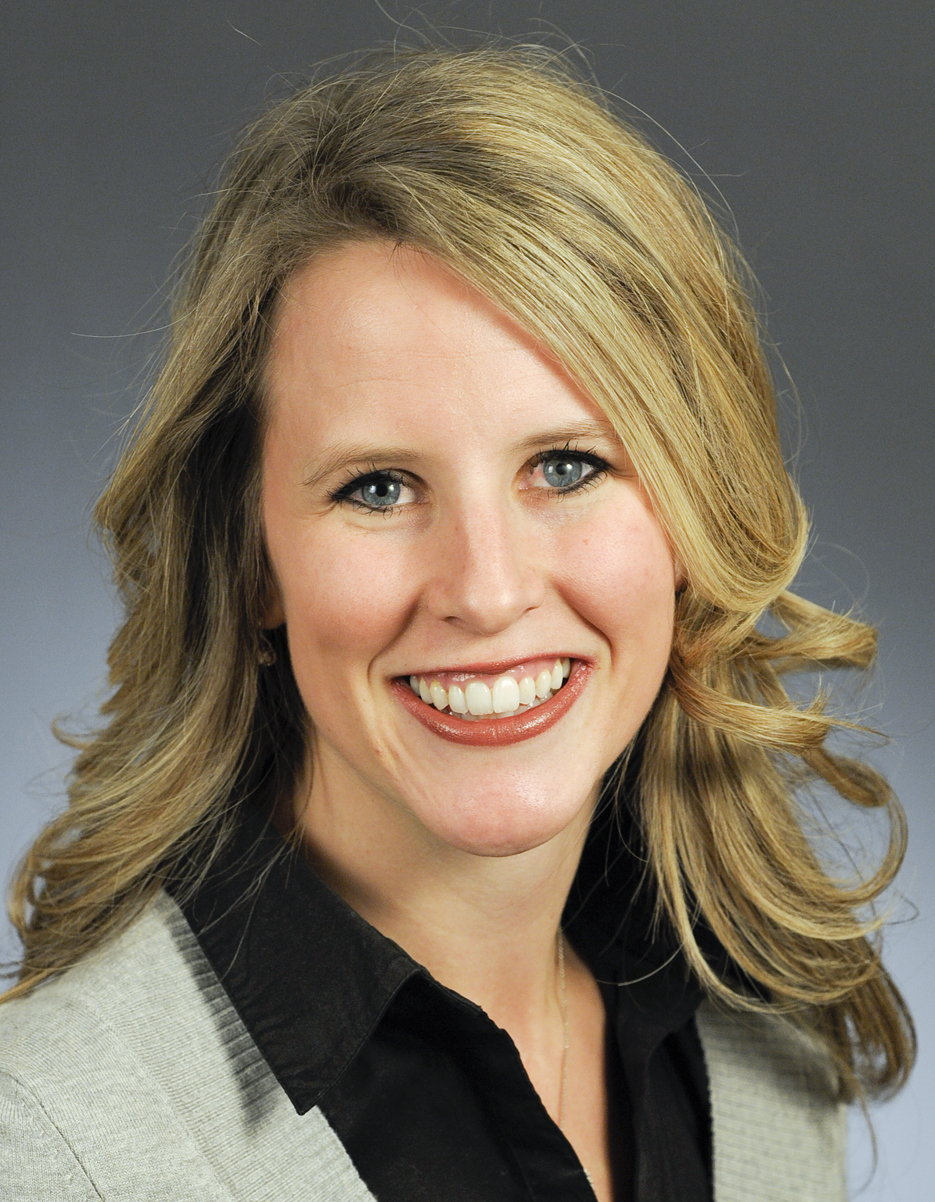MNsure reform pitches big change to how consumers could buy insurance
MNsure, the state’s version of the federal Affordable Care Act, enabled nearly 43,000 consumers to shop for, and enroll in, health care plans. Some receive federal premium subsidies or tax credits where eligible. But given the technical “back office” issues that plagued MNsure’s rollout, what if a consumer could shop outside the state health insurance exchange and still qualify for federal credits?
That’s the concept proposed by Rep. Tara Mack (R-Apple Valley), who sponsors HF5, which would direct the commerce commissioner to ask the federal government for a 1332 waiver under the Patient Protection and Affordable Care Act. The waiver would allow qualified health plans to be sold outside of MNsure — but eligible consumers would still receive federal subsidies.
We should expand choice without making insurance purchasing as “frustrating, awkward and inconvenient” as MNsure has made it, Mack said.
The House Health and Human Services Reform Committee amended the bill prior to approving it Tuesday and sent it to the House Commerce and Regulatory Reform Committee. SF390, a companion sponsored by Sen. Michelle Benson (R-Ham Lake), awaits action by the Senate Health, Human Services and Housing Committee.
If granted, the waiver would not take effect before Jan. 1, 2017, but states would need to begin the process in order to implement their options by then. Mack explained that MNsure could still be utilized to determine a person’s eligibility, but the rest could be handled by the brokers or health plans themselves.
Opponents said with expanded options comes expanded risk of data privacy breaches and that health plans would have no incentive to sell plans on the health care exchange. They urged members not to give up on MNsure, which is making improvements on what was a difficult rollout due to technical delays.
“This is not the right approach, right now,” said Rep. Jennifer Schultz (DFL-Duluth).
One of the more controversial proposals in the sponsor’s amendment would remove the board’s ability to select which health plans could participate in MNsure. Mack said providers go through a rigorous process by the Department of Commerce and the board doesn’t need to further restrict options for consumers.
Rep. Tina Liebling (R-Rochester) saw the board’s oversight not as restricting choice, but rather as a “consumer-friendly tool that hasn’t been used yet.” Rep. Diane Loeffler (DFL-Mpls) agreed, saying additional vetting by the board would ensure that only the best plan options make the list.
Response to evaluation
A MNsure program evaluation released last month by the Office of the Legislative Auditor outlined the agency’s faults due, in part, to previous leadership decisions. Legislative Auditor Jim Nobles said the former CEO, April Todd-Malmlov, didn’t utilize state technology experts from MN.IT enough and didn’t communicate website problems with the governing board prior to launching MNsure.
Mack wants to shore up the holes in MNsure’s administration to ensure more checks and balances. She proposes the governor appoint the CEO rather than board hiring someone to the position.
An oral amendment offered by Mack removed a section that would have put MNsure CEO’s salary plan in line with top commissioners, not to exceed 133 percent ($164,000) of the governor’s salary. MNsure CEO’s current salary is at 110 percent ($136,681) of the governor’s, according to Minnesota Management & Budget. Mack said given the recent hoopla over commissioner salaries, she’s still working on bill language regarding salary.
An insurance producer, two county public health care employees and the chief information officer of MN.IT Services would be added to the MNsure board, under the amendment. The Association for Minnesota Counties supports adding county workers, who are on the front line enrolling people into MNsure, said AMC Health and Human Services Policy Analyst Roshelle Westlund.
Schultz offered two suggestions: to have the governor’s appointee confirmed by the Senate and to place a retired insurance producer on the board to avoid conflicts of interest.
In addition, the bill would remove some of the open meeting law exemptions, which were necessary during the first year of operation to expedite MNsure’s roll-out in time.
Rep. Matt Dean (R-Dellwood) successfully amended the bill so that anyone assisting a consumer, called a navigator, would be subjected to a full background check by the Bureau of Criminal Apprehension. Mike Turpin, MNsure’s legal counsel, said current procedure mirrors Department of Human Services’ procedures on vetting licensed providers.
The Minnesota Council of Health Plans, an association of licensed nonprofit health care organizations, supports many of the bill’s provisions, such as improving the board composition, and wants MNsure to do only what is minimally necessary to enroll people, according to Kathryn Kmit, the council’s director of policy and government affairs. Kmit also suggested that a broker portal be created to allow agents to better serve their clients.
Related Articles
Search Session Daily
Advanced Search OptionsPriority Dailies
Ways and Means Committee OKs proposed $512 million supplemental budget on party-line vote
By Mike Cook Meeting more needs or fiscal irresponsibility is one way to sum up the differences among the two parties on a supplemental spending package a year after a $72 billion state budg...
Meeting more needs or fiscal irresponsibility is one way to sum up the differences among the two parties on a supplemental spending package a year after a $72 billion state budg...
Minnesota’s projected budget surplus balloons to $3.7 billion, but fiscal pressure still looms
By Rob Hubbard Just as Minnesota has experienced a warmer winter than usual, so has the state’s budget outlook warmed over the past few months.
On Thursday, Minnesota Management and Budget...
Just as Minnesota has experienced a warmer winter than usual, so has the state’s budget outlook warmed over the past few months.
On Thursday, Minnesota Management and Budget...
